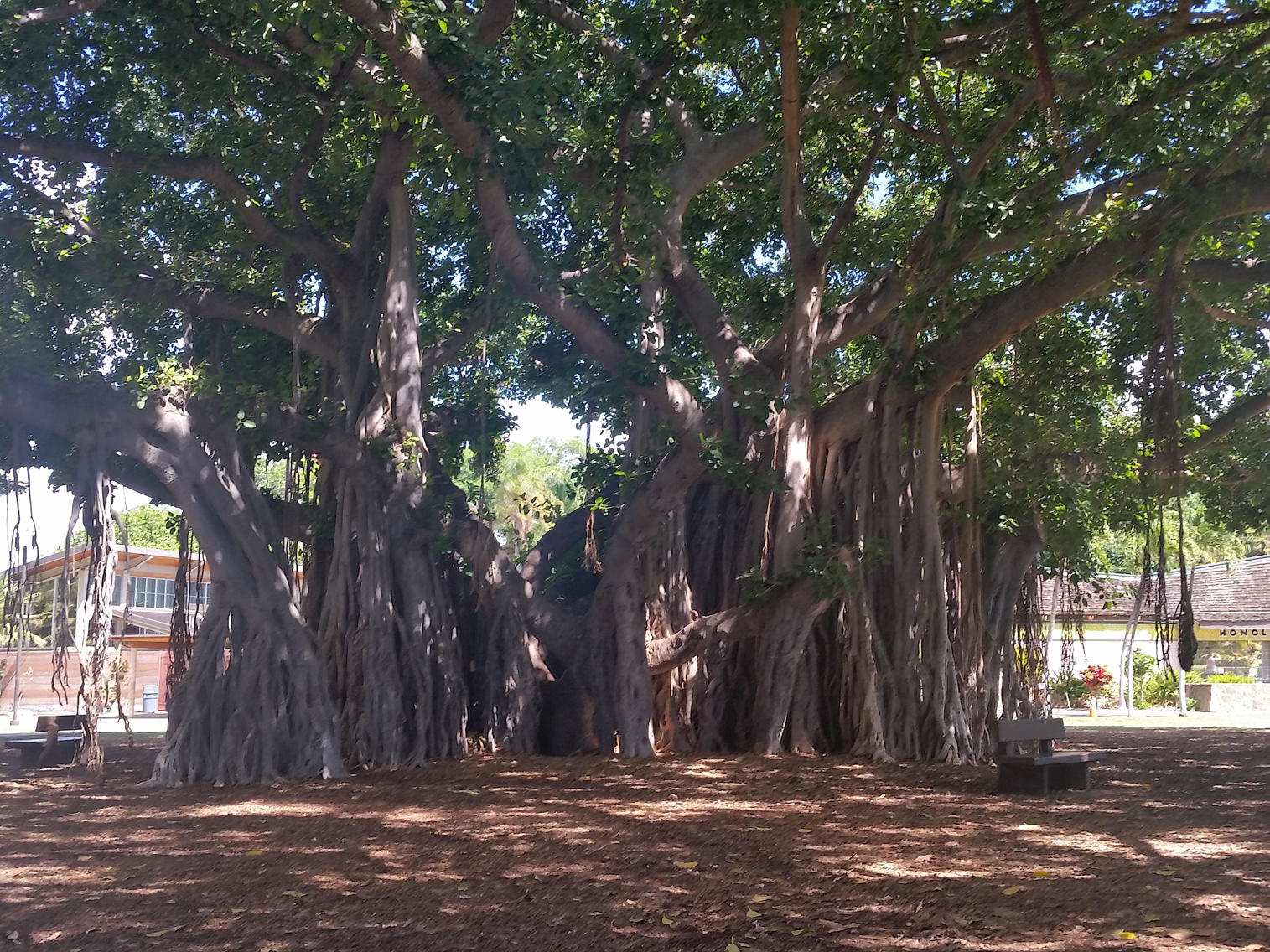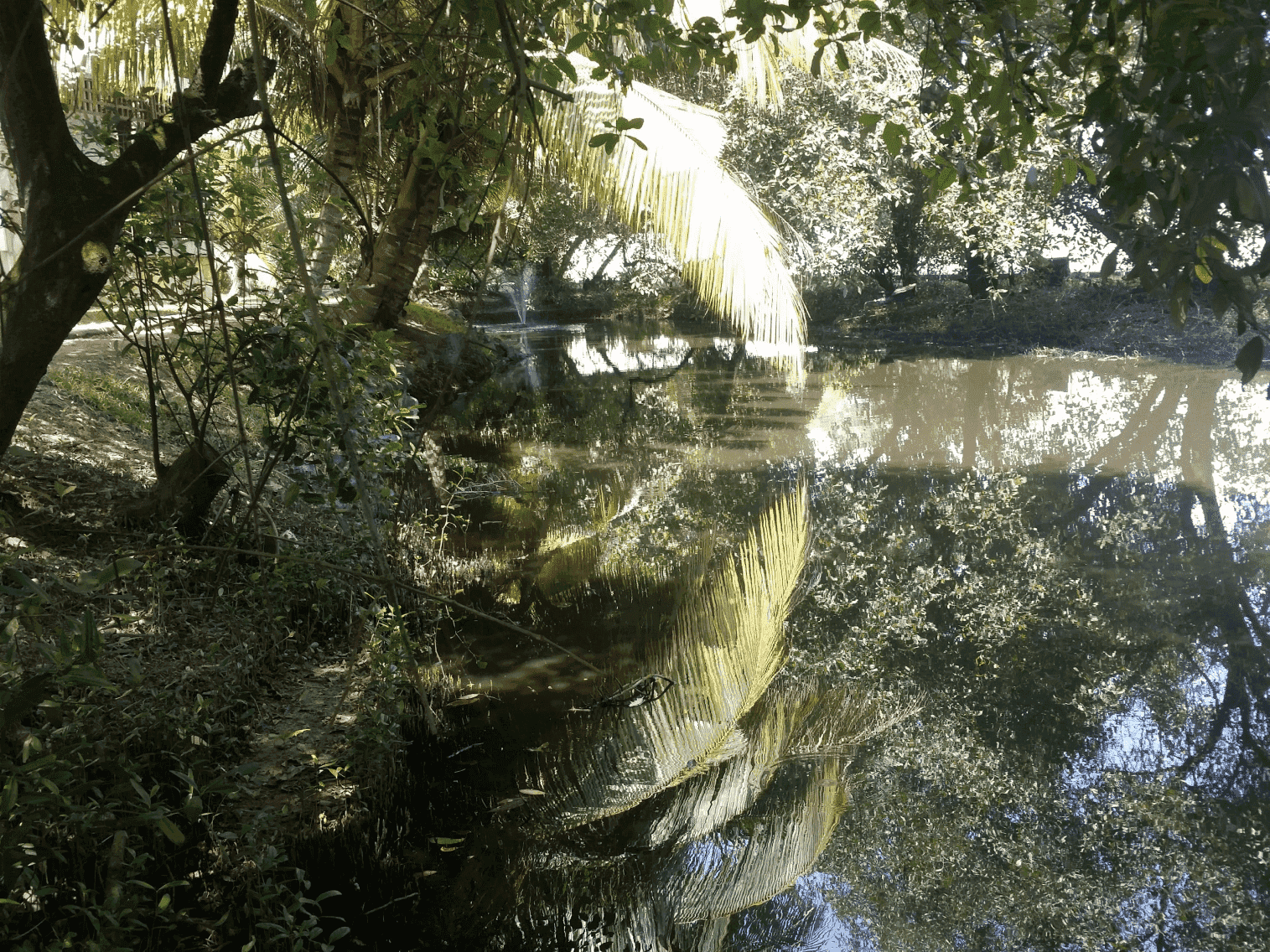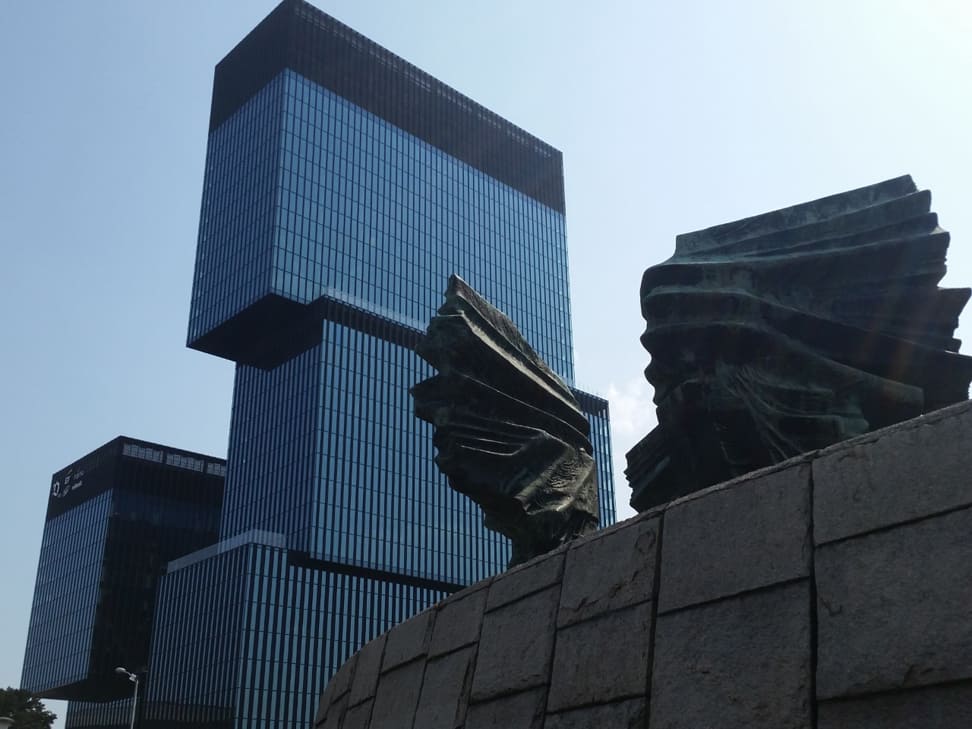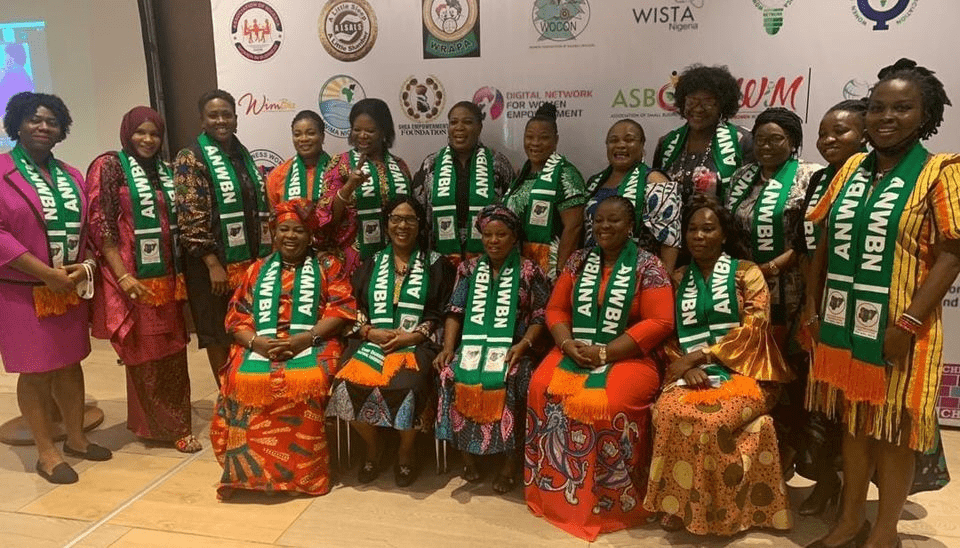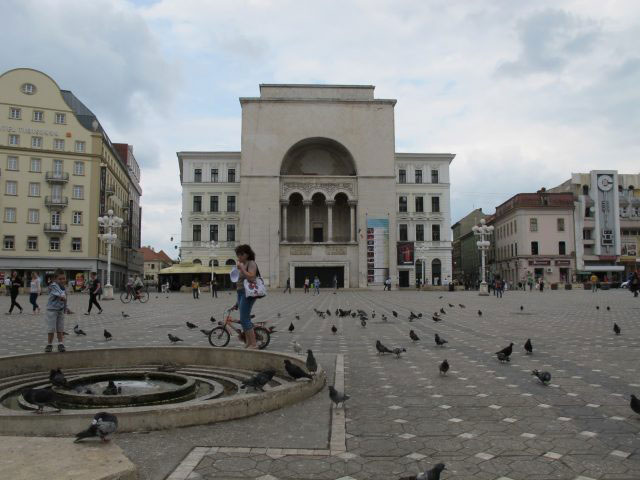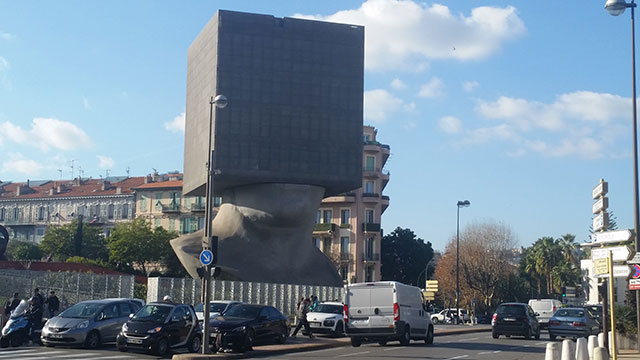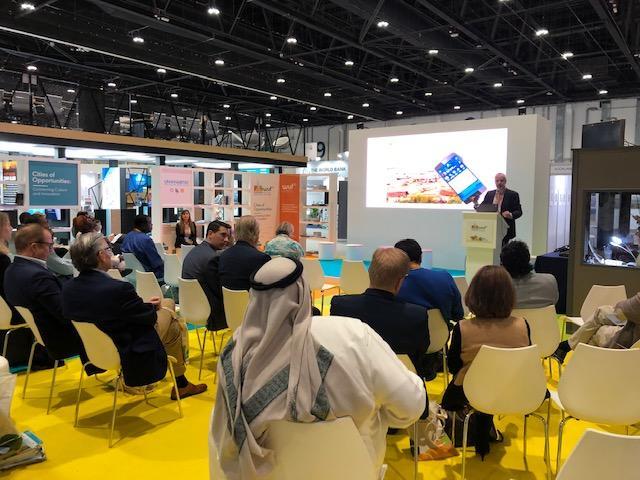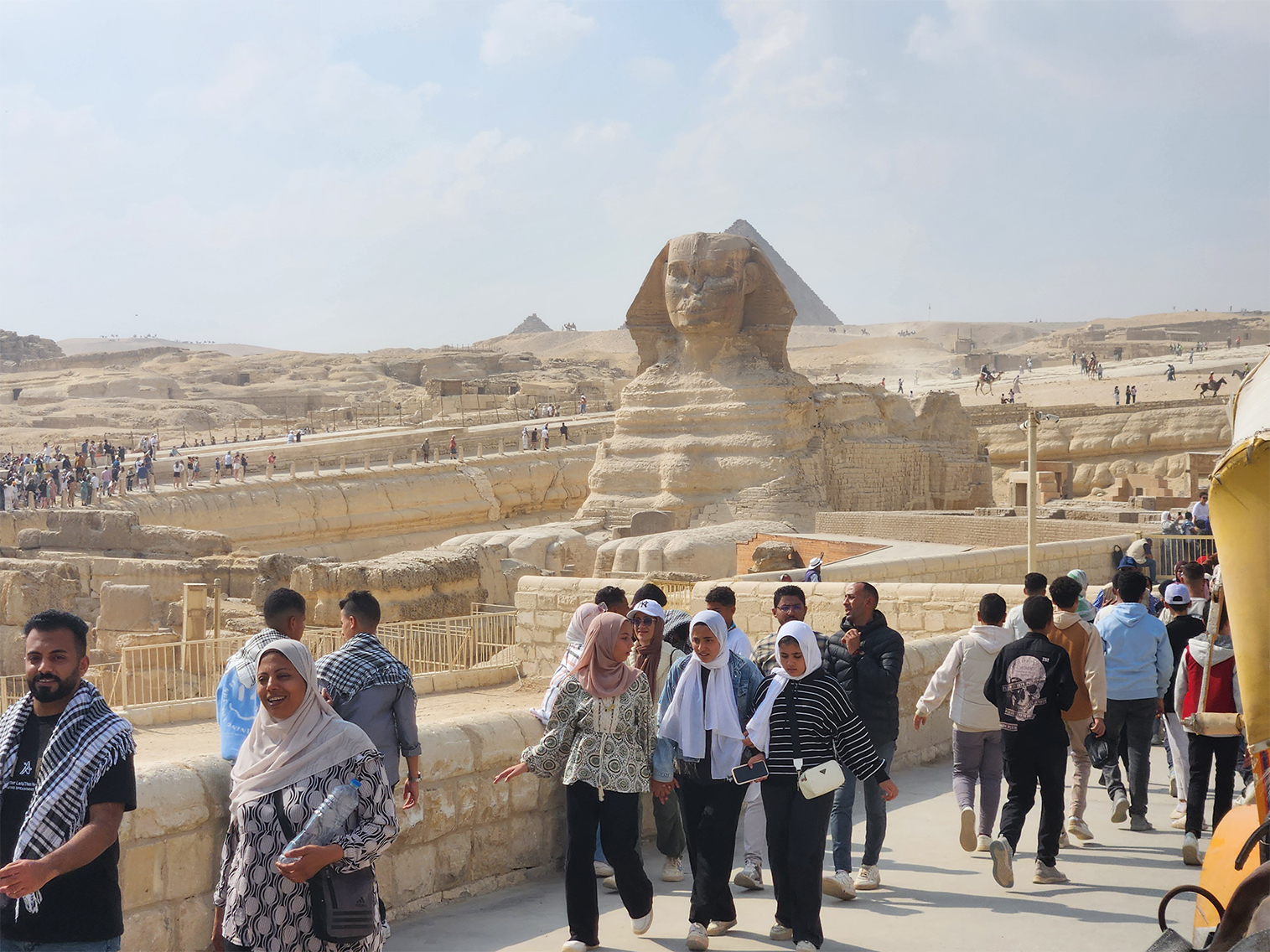
Cartesian
To know what people really think, pay attention to what they do, rather than what they say.
― Descartes
This transition requires that we help each other manage a world where the center has fallen. We must learn and fail fast and not be afraid to abandon the outdated structures of a dichotomous worldview. External shocks and internal stresses are the symptoms of the psychosis born of our collective divorce from community. We have all the data we need, yet are paralyzed from taking action.
In November after seventeen years, I returned to the chaos of Cairo for Word Urban Forum 12. From 2004 to 2007, I worked to help develop mortgage markets in Egypt. At WUF 11 in Katowice, Poland, I vowed to return and see how the market had progressed. I was happy to see that although there is still a jumble of formal and informal development, the city is growing at a fast pace with New Cairo and the opening of the Grand Egyptian Museum. As usual inside the WUF 12 halls, there was an overwhelming amount of disaggregation and very little in the way of practical solutions.
Our Team included Sharon K. Young, CEO of Global Housing and Architect Paweł Wołejsza, who Sharon and I had met at WUF 11 – a prime example of the value of gathering sustainable development stakeholders and transition managers in a family reunion. We promoted proven solutions for inclusive economic growth and scalable, affordable, healthy housing for those at the bottom of the pyramid.
The Property Market Toolkit is set of property market system analysis and intervention tools that can be used by business associations, in-country reformers, governments, global property market analysts and policy advisors to understand market conditions and identify key areas for collaboration and reform. It presents Case Studies from Armenia, Ghana, Kenya, Nigeria, the Philippines and Uganda of citizens taking the initiative to wrestle control of property markets from the connected gatekeepers and elites that dominate emerging markets. Global Housing has been working to build one house at a time for those displaced by the war in Ukraine and Paweł has been working to lead the construction industry away from toxic and unsustainable building materials toward new materials such as hempcrete.
As we navigated our way to and from WUF 12 and around the bustling, 24-hour Cairo we commiserated over meals, drinks and a trip to the Pyramids. We drew strength from our shared commitment to take specific actions to do our part as key actors in the hive we call earth. We laughed at our cultural arrogance to think that we have created innovative solutions when the Egyptians had far surpassed our artificial intelligence three thousand years ago.
I remind myself every day that the hateful rhetoric that dominates our discourse and the inhumane actions of the confused can only be healed by our collective action to reengage with our communities and protect our hive.

